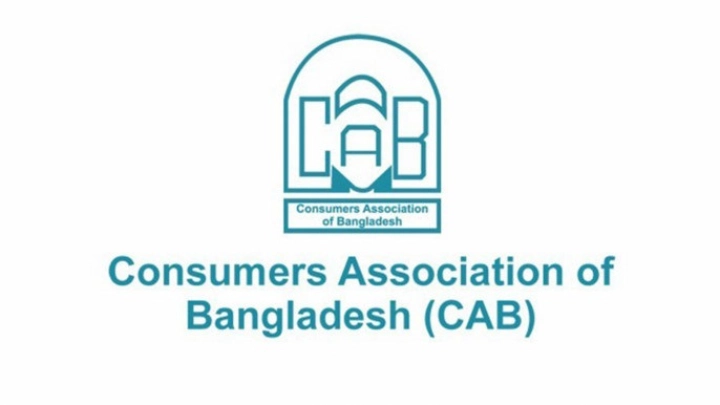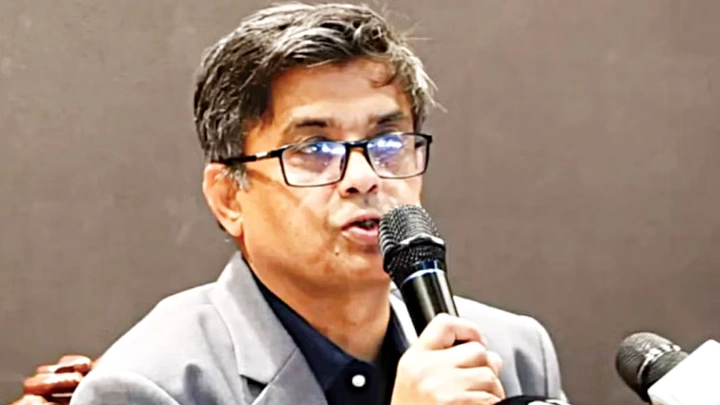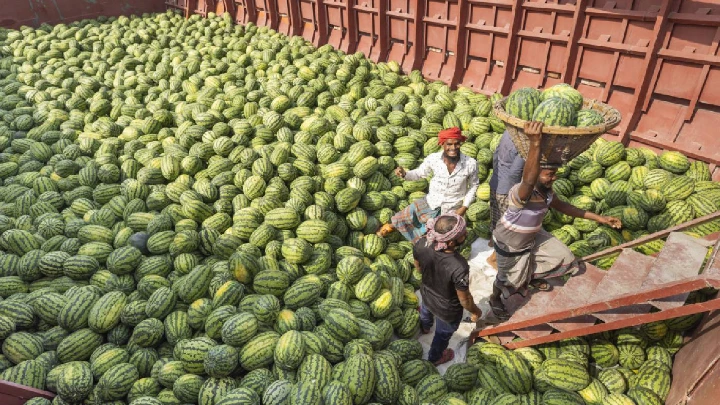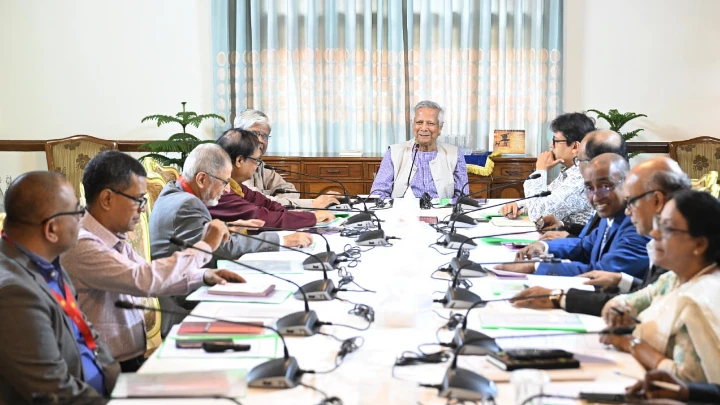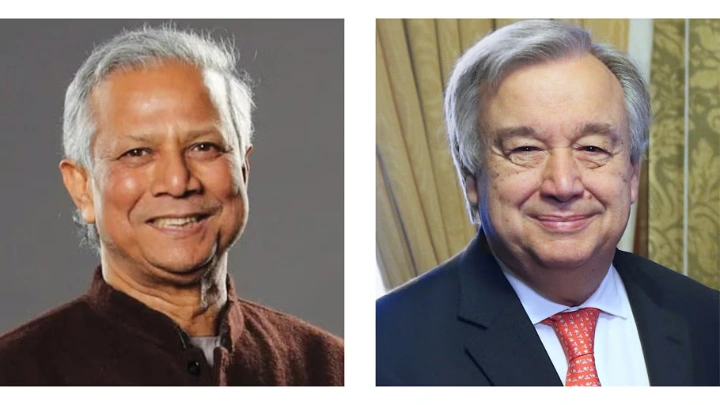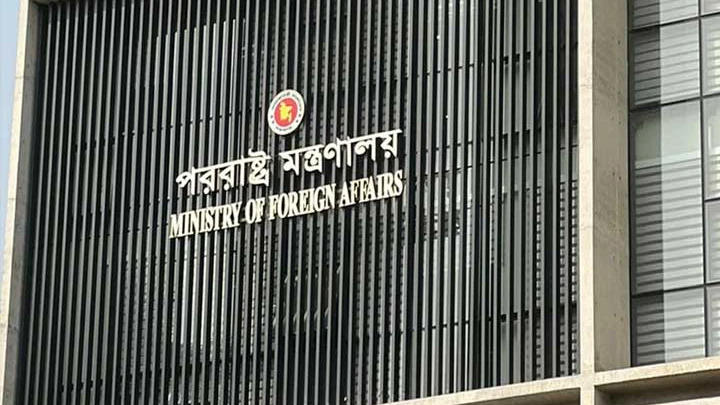Living cost in Dhaka city saw 11.08pc rise in 2022: CAB
Shining BD Desk || Shining BD
Urban people suffered the most from high inflation in 2022 stemmed from the Russia-Ukraine war with the cost of living in Dhaka city jumping by 11.08 percent, according to Consumers Association of Bangladesh (CAB).
The consumer rights watchdog released a report on Saturday that says around 17 products have directly contributed to the rise in inflation as well as the cost of living last year.
The urban lower-income group of people compromised their diet chart and lifestyle due to the increase in prices of essential commodities, including fish and meat.
On behalf of CAB, the report was presented by Mahfuz Kabir, research director of Bangladesh Institute of International and Strategic Studies (BIISS).
According to the report, the cost of living in the capital increased by 6.88 percent in 2020 and 6.5 percent in 2019.
“The inflation rate started to increase from February 2022 compared. After a brief decline in May, it went up again from June,” Dr Kabir said.
The upward trend in energy prices has contributed to rising inflation, he observed.
“The hike in fuel prices resulted in the increase in production cost after it forced the commodity prices and transportation costs to go up while farmers had to pay more for diesel for irrigation and the price of fertiliser was also high. All these led to a high production cost,” BIISS research director explained.
On the other hand, volatility of the dollar market driven by the Russia-Ukraine war increased the prices of imported items, he added.
Apart from finished products, the cost of production of food and non-food items increased due to increased import prices of various raw materials.
According to the CAB report, the overall food inflation rate during the period was 10.03 percent while it was 7.76 percent higher for the lower-income group. However, non-food inflation turned even costlier and surpassed this rate.
The survey data was collected from 11 markets under both the city corporations of Dhaka. It covered 141 food items, 49 non-food items and 25 services.
Rice, flour, pulses, bakery products, sugar, fish, eggs, domestic poultry, edible oil, imported fruits, tea and coffee, local and imported milk, washing and personal hygiene items, and transport costs are included in the CAB price monitoring.
The CAB has proposed policy recommendations in the analysis of inflation trends. In the recommendations, the association said the government has increased support under subsidised food aid and social protection to reduce inflationary pressure on the poor and disadvantaged.
But it should expand social protection schemes in urban areas to protect low and middle-income consumers from rising inflationary pressure, the suggestion reads.
The government has significantly increased OMS activities during the Covid-19 pandemic, which has been extended further in 2022 to protect this consumer group from the economic slowdown and inflationary woes.
But there is an inadequacy of food supply through OMS against extremely high demand and a lack of proper monitoring to ensure equitable distribution of OMS food products among low-income people.
The CAB has also opposed the decision to increase gas and fuel prices at the retail level as the bulk price hike of gas and oil would affect the lower-income people.
CAB President Ghulam Rahman, Vice-President SM Nazer Hossain, General Secretary Advocate Humayun Kabir Bhuiyan and Joint Secretary Dr Md Shahnewaz Chowdhury were also present at the press conference held virtually.
Source: Daily Sun
Shining BD

